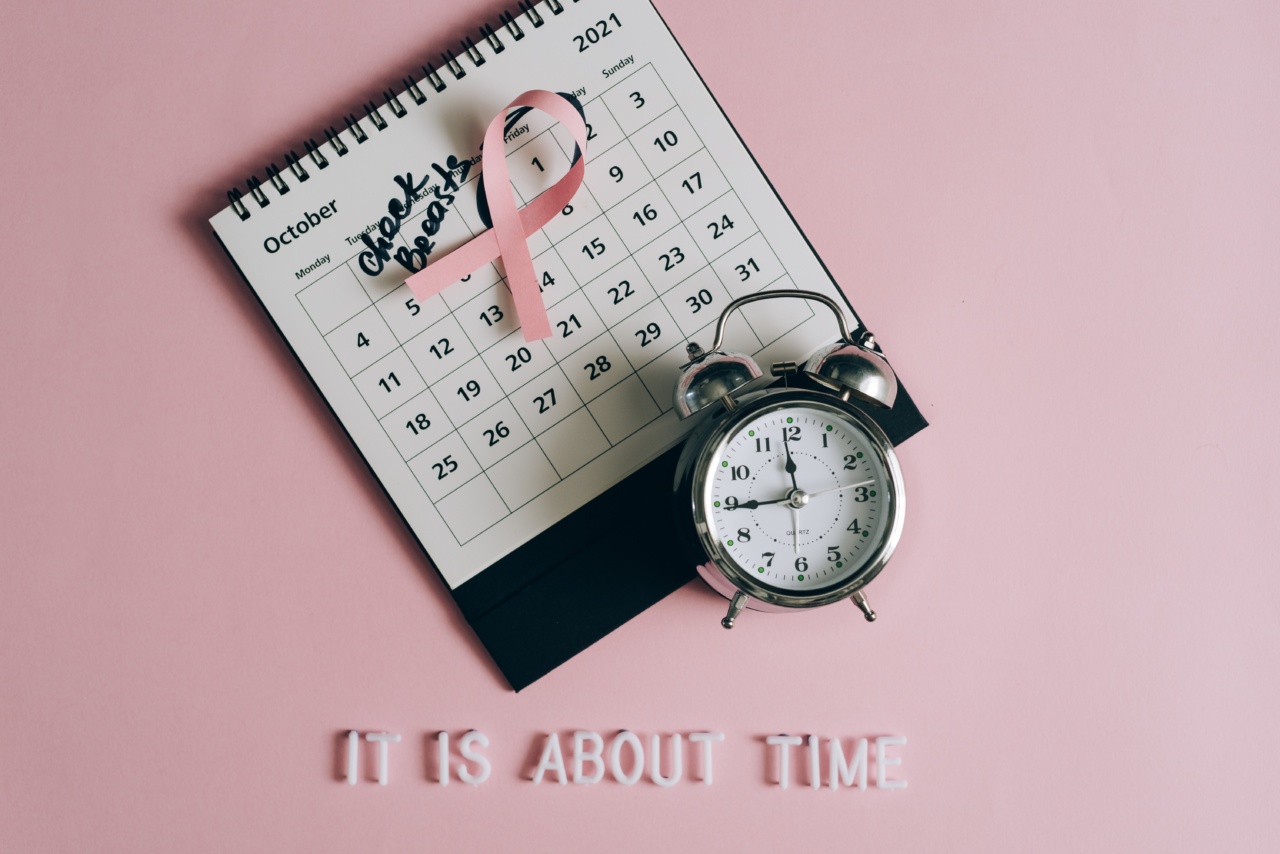Cancer is a devastating disease that affects millions of people worldwide. While there are no guarantees when it comes to preventing cancer, there are certain lifestyle changes and preventative measures you can take to reduce your risk.
In fact, research suggests that by making a few key changes, you may be able to significantly decrease your chances of developing cancer by up to 43%. Here are some tips to help you slash your cancer risk.
Eat a healthy diet
A healthy diet plays a crucial role in reducing the risk of cancer. Include plenty of fresh fruits, vegetables, whole grains, and lean proteins in your diet. Limit processed and red meats, sugary drinks, and foods high in saturated fats.
Maintain a healthy weight by watching your portion sizes and avoiding excessive calorie intake.
Avoid tobacco
Tobacco use is a leading cause of various types of cancer, including lung, throat, mouth, and bladder cancer. Avoid all forms of tobacco, including cigarettes, cigars, and smokeless tobacco. If you are a smoker, consider quitting as soon as possible.
Seek professional help or join support groups to increase your chances of being successful in kicking the habit.
Protect your skin from the sun
Excessive exposure to the sun’s harmful UV rays can increase the risk of skin cancer. Protect your skin by using sunscreen with at least SPF 30, wearing protective clothing, and seeking shade during peak hours of sun exposure.
Avoid using tanning beds, as they also emit harmful UV radiation.
Get vaccinated
Some viral infections can lead to certain types of cancer. Protect yourself by getting vaccinated against viruses such as human papillomavirus (HPV) and hepatitis B.
These vaccines are safe and effective and can significantly reduce your risk of developing HPV-related cancers or liver cancer.
Exercise regularly
Regular physical activity has been linked to a reduced risk of several types of cancer. Aim for at least 150 minutes of moderate-intensity exercise or 75 minutes of vigorous exercise every week.
Incorporate activities like brisk walking, jogging, swimming, or cycling into your routine to reap the benefits.
Limit alcohol consumption
Excessive alcohol consumption is associated with an increased risk of various cancers, including those of the liver, breast, and colon. Limit your alcohol intake to moderate levels.
For men, this means no more than two drinks per day, and for women, no more than one drink per day.
Stay hydrated
Drinking an adequate amount of water is essential for maintaining overall health and reducing cancer risk. Proper hydration helps in flushing out toxins from the body and keeps your cells functioning optimally.
Aim for at least eight glasses of water per day and consider replacing sugary drinks with water or herbal teas.
Avoid exposure to harmful chemicals
Avoid or minimize your exposure to harmful chemicals that are known or suspected to be carcinogens. These may be found in certain household cleaning products, pesticides, or industrial settings.
Use alternatives that are eco-friendly and less toxic or wear appropriate protective gear if you work in an environment where exposure is unavoidable.
Screening and early detection
Regular screenings and early detection can significantly improve the outlook for many types of cancer. Follow recommended guidelines for screenings such as mammograms, Pap tests, colonoscopies, and skin checks.
If you notice any unusual changes in your body, such as lumps, persistent pain, or abnormal bleeding, consult your healthcare provider promptly.
Stress management
Chronic stress can weaken your immune system and have a negative impact on your overall health, increasing the risk of cancer.
Find healthy ways to manage stress, such as practicing meditation, engaging in hobbies, exercising, or seeking support from friends, family, or professionals.
Conclusion
While there is no foolproof way to prevent cancer, adopting a healthy lifestyle and following these tips can significantly reduce your risk. Focus on making sustainable changes and cultivating habits that promote overall well-being.
Remember, small steps taken today can have a big impact on your future health.































